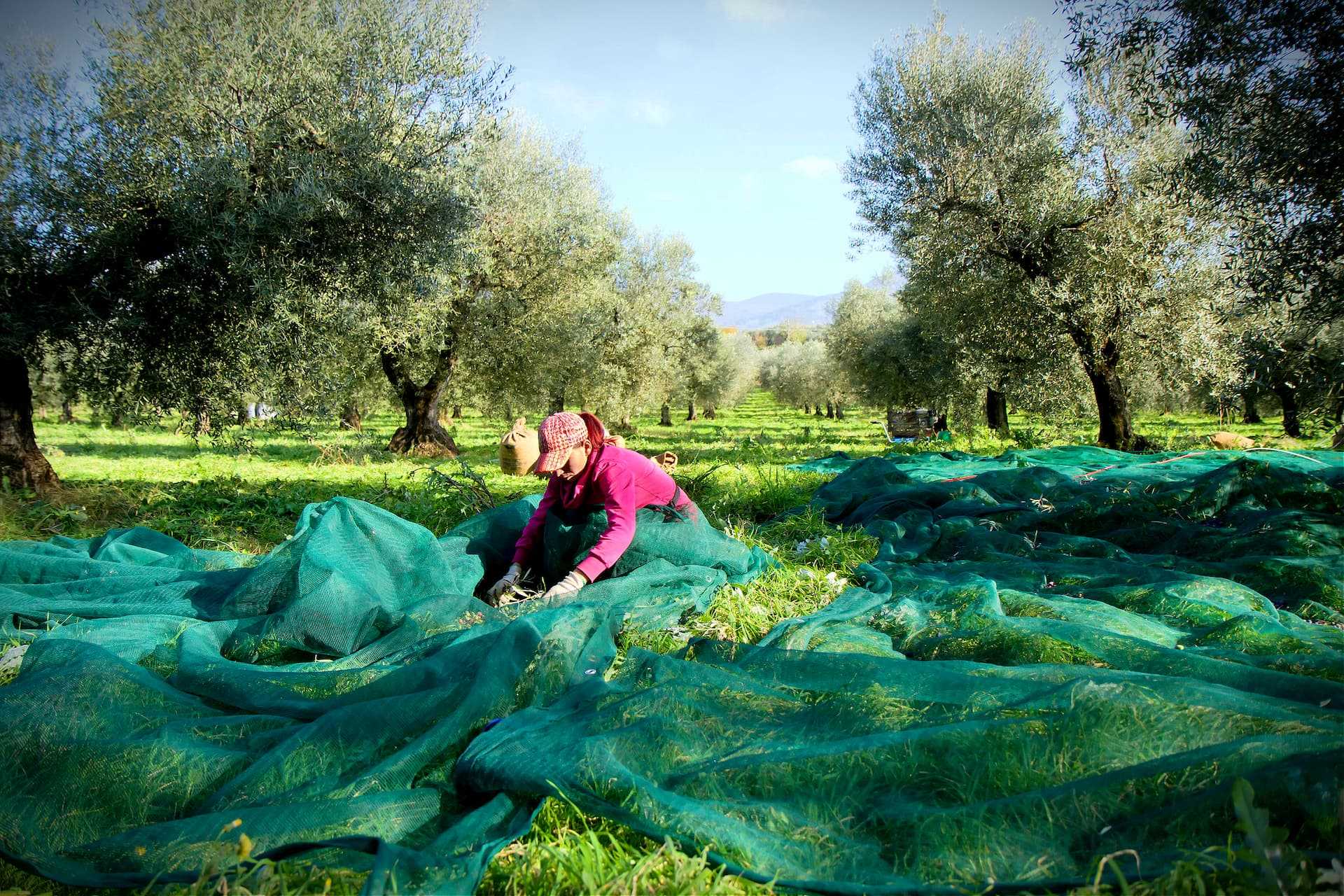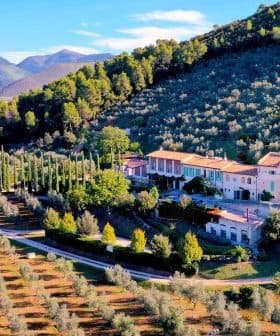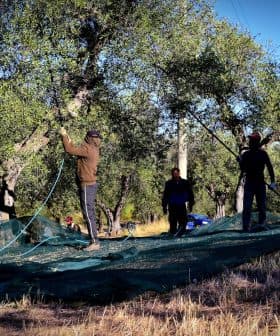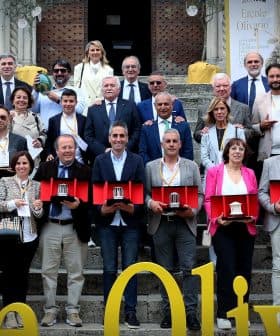Small Farmers and Producers in Italy Organize to Promote Artisanal Oils

Small and medium-sized extra virgin olive oil producers in Italy have formed the Italian Federation of Independent Olive Growers (FIOI) to preserve their culture and native olive cultivars, claiming they are under-represented in a market dominated by larger companies. The FIOI founders emphasize the importance of distinguishing artisanal extra virgin olive oil from mass-produced olive oil, aiming to safeguard historic Italian cultivars and promote them internationally.
Small and medium-sized extra virgin olive oil producers have banded together in Italy to form a new federation focused on preserving their culture and native olive cultivars.
The Italian Federation of Independent Olive Growers (FIOI) founders said that it will be the home for growers and millers considered to be “olive oil artisans.”
We claim the right to exist and to express our identity on the labels and the shelves.
The oils from these producers seldom reach supermarket shelves, and the producers claim to be under-represented in a sector they believe is dominated by larger companies and producers.
See Also:New Efforts to Promote Rare White Olive Variety in Calabria“We are an independent federation managed by the olive growers themselves; by olive farms that do not have anything to share with the world of the olive oil industry,” said Paolo Di Gaetano, head of the Tuscany-based Fonte di Foiano and newly elected FIOI president.
“We are farmers who through our activities preserve and protect the land by personally ensuring strict monitoring of the whole production chain,” he added.
The current dynamics of the olive oil market have proven to be challenging for small olive oil producers, the federation’s founders said.
They argue that artisanal extra virgin olive oil and mass-produced olive oil should be considered and evaluated differently, as they are separate products with their own organoleptic characteristics, selling prices, and customer bases.
“Olive oil artisans must distinguish themselves from the olive oil commodity producers, whose product is sold on the market at lower prices,” said Antonella Titone, the FIOI vice president who produces olive oil in Sicily. “We claim the right to exist and to express our identity on the labels and the shelves.”
According to Pietro Intini, the second vice president who produces olive oil in Puglia, olive oil artisans are scattered throughout Italy. He argued that the country is so diverse that the individual geographic and weather conditions that help shape each region’s olive oil should be considered.
“Italy counts on the widest olive heritage in the world with more than 580 olive tree cultivars, a variety of the farming lands and the different micro-climates, all of which are precious assets that could be lost,” he said.
According to Intini, FIOI aims at “safeguarding the historic Italian cultivars, re-discovering and promoting them.”
“We respect foreign olive oil cultures but reject the import of agronomic and technological models or varieties and hybrids that could pervert our national identity,” he added.
Meanwhile, Caterina Mazzolin, the secretary-general of the FIOI, explained that the federation’s “goal is to make producers help each other and form a specific market, projected well beyond our national borders where our high-quality green gold is often more appreciated.”
“This is something that we have seen happening in the wine world, where in the past its added value and quest for quality were propelled by its foreign customers,” she added.
“We can offer unparalleled quality declinations, a multitude of flavors and scents,” Intini concluded. “This is why we want to announce and spread the good news and put Italian olive oil culture at the heart of this research, cultural and economic project.”









